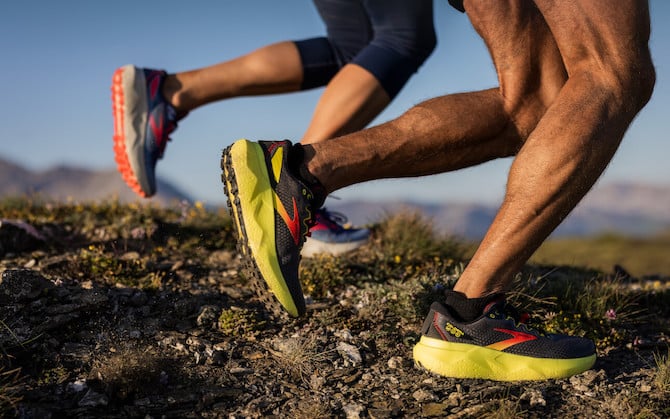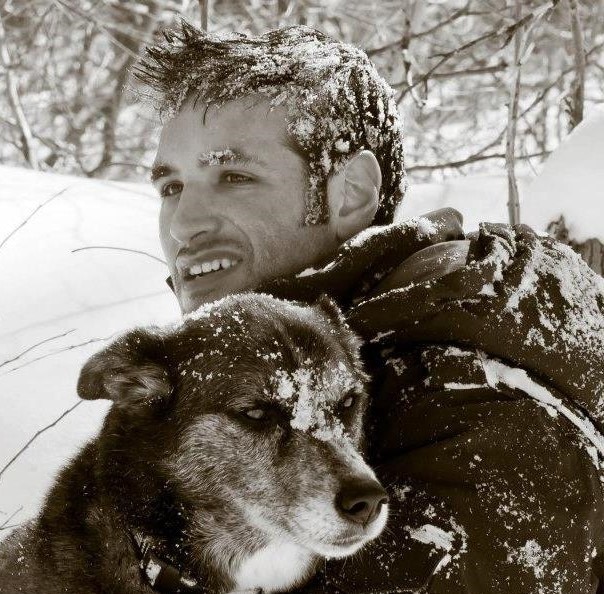3 things you should know about trail running races

Running, like most sports, is a very nuanced event — much more so than it might appear on the surface. Even experienced runners tend to think a race is a race is a race. Each race, however, must be carefully considered and prepared for individually, particularly when it comes to trail running races.
How can you best prepare yourself for the unique challenge of this type of race? Here are three things to know about trail running races to get you started.
1. Do your research in advance
Road races tend to have beautifully organized, well-marked courses that are easy to follow. Trail races tend to have ... not that. But that's part of the joy of trail running. Surprises, though, are not great come race day. So, in the days and weeks leading up to the race, do as much research as you possibly can.
Ideally, you'd be able to go to the location and run the trail, but that isn't always possible. Often, the race organizers will provide maps on a website that give information regarding the terrain and any aid station locations. This is all key for you to know. If that stuff isn't detailed online, chances are pretty high that another runner has shared something on that particular race. Runners love talking about running. So, you might simply try searching online for blogs on that specific event.
In addition to knowing the route of the race, look up the weather for the day of the event. In fact, it's useful to know the weather on the days surrounding the actual race. If it had rained the day before, for example, your experience will likely be different than if the area has been dry for weeks.
2. Gear up appropriately
Speaking of preparation, it's important to understand what type of gear you'll need and be comfortable using it. A good trail running shoe will provide ample cushioning and support to protect you from the rough terrain of the trails. At the same time, these shoes need to be flexible and provide good traction. Generally, your typical road shoes aren't going to work well on a trail run.

But, footwear isn't the only gear you'll need to think about for trail running races. Depending on the length and style of the event, you may have to carry all sorts of things. In addition to water and food, some events expect runners to carry maps and lights. Whatever you have to tote on race day, get used to running with it and using it during your normal workouts. Race day is not the time to try something new.
3. Train for varied terrain
Train specifically for your upcoming race. Running on a track is not going to properly prepare you for a trail run. As much as possible, run on terrain that's similar to the conditions you'll deal with during the actual race. As noted above, you'll also want to use the same or similar equipment to what you'll have with you.
Cross-training is another important way to properly train for a trail race. Your ankles and calves, in particular, will face a lot of stress on the uneven and varied terrain of the trail that you likely don't deal with on a track or road. To help build the strength and balance you'll need, incorporate at least one day of strength training into your weekly schedule. During these sessions, focus on building strength in your legs. Use single-leg exercises as much as possible to increase your balance as well.
Trail running races are a lot of fun and represent a unique challenge in the sport. By doing your research and planning accordingly, you can perform your best and enjoy your time on the trails.
Our writer's advice is intended for informational or general educational purposes only. We always encourage you to speak with your physician or healthcare provider before making any adjustments to your running, nutrition, or fitness routines.

